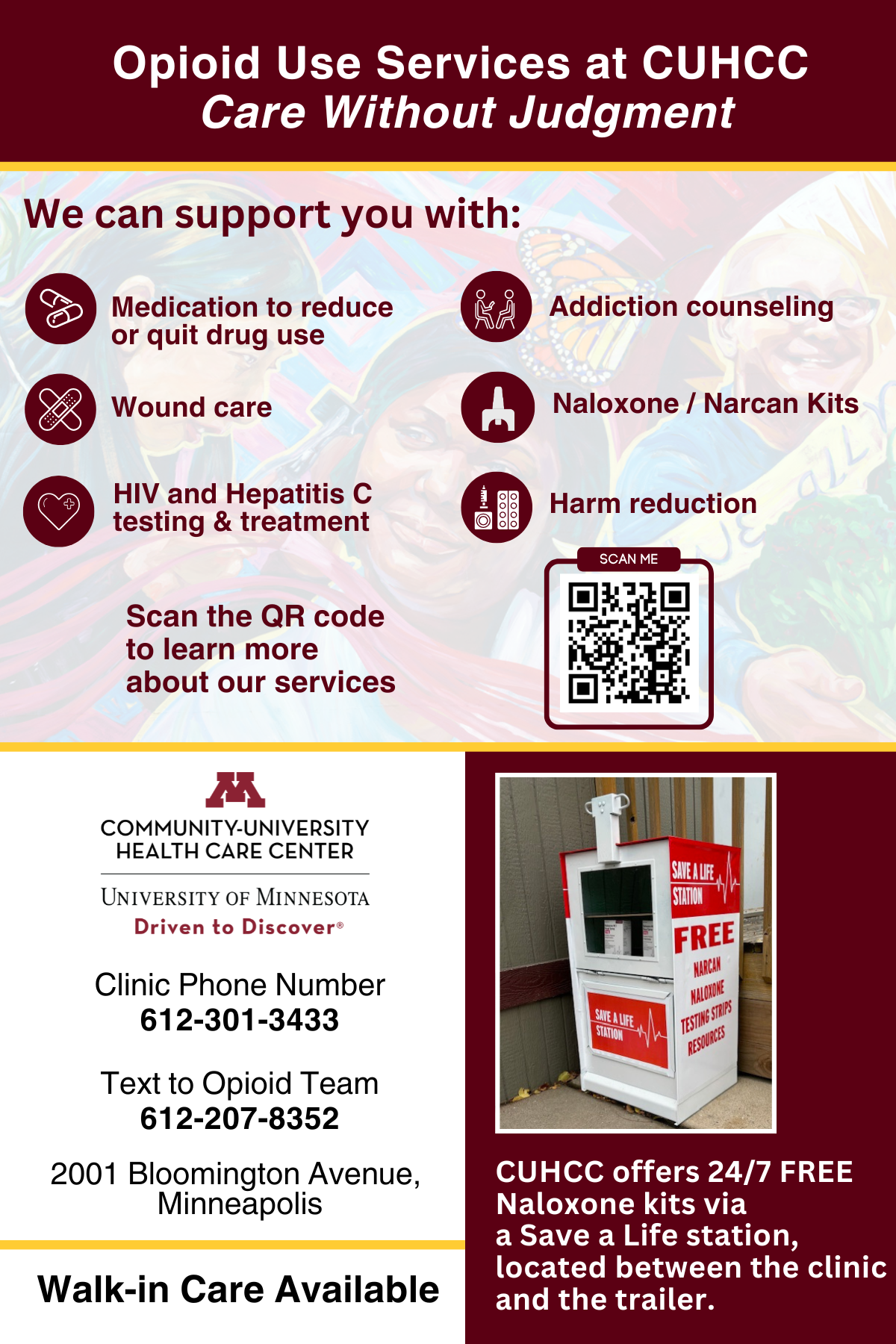EBT Recipients Have a New Reason to Shop at 3 Farmers Markets
Recipients of food assistance can now use their EBT cards to purchase affordable, healthy and tasty food at the Midtown, Minneapolis, and Northeast Farmers Markets in Minneapolis. These markets will also encourage EBT users to eat well by offering an incentive””Market Bucks coupons, which will match the first $5 an EBT user spends on fresh produce at these markets with an additional $5 in Market Bucks. That amounts to $10 in produce for the first $5 spent.
“Midtown Farmers Market was the first market in the Twin Cities to accept EBT cards,” says Jessica Ward-Denison, of the Midtown Farmers Market. “The Market Bucks program has already nearly tripled the number of EBT customers at the Midtown Market, compared to last year. We”'re excited to see EBT services launched at the Minneapolis and Northeast Markets this summer, and equally grateful that community partners sponsored the extra incentive so more people can come out and purchase delicious, affordable food!”
According to a recent Blue Cross and Blue Shield of Minnesota (Blue Cross) study, only 15 percent of Minnesota adults eat the recommended amounts of fruits and vegetables daily. That means the vast majority of people are falling short of a balanced diet. The Market Bucks promotion provides greater access to fruits and vegetables, which can help people maintain a healthy weight and stay well. Access is especially important to EBT recipients, who don”'t always have affordable fresh produce nearby”” the closest stores may be convenience stores with little or no affordable and fresh produce.
“We”'re all invested in this effort because we care about the health of Minnesotans and building healthier communities so that the healthy choice becomes the easy choice,” says Dr. Marc Manley, Chief Prevention Officer for Blue Cross. “With more than 60 percent of adult Minnesotans overweight or obese ”“ and at risk for a host of serious diseases and conditions that drive up health care costs ”“ access to affordable, fresh produce is an important step toward addressing the obesity epidemic.”
The program is the result of a unique community partnership between the three farmers markets, Blue Cross and Blue Shield of Minnesota, the Institute for Agriculture and Trade Policy, the City of Minneapolis, Hennepin County, the Statewide Health Improvement Program of the Minnesota Department of Health, and the Communities Putting Prevention to Work initiative of the American Recovery and Reinvestment Act of 2009.
The partners also kicked off a promotional campaign aimed at welcoming EBT users to the farmers markets. The campaign features multi-lingual outreach at the markets and in the community, advertising on the radio, buses, and at transit stops, and signage at markets to make it easier for EBT shoppers to navigate the markets.
“We know that price and access are common barriers to eating healthier, and this program works to remove those barriers,” says JoAnne Berkenkamp at the Institute for Agriculture and Trade Policy. “Expanding EBT usage at these markets not only means more Minnesotans are eating healthier, it provides another market for local farmers to sell their produce. Already the results are promising.”
When the market season ends, the partners will engage in an evaluation effort to assess the program and capture lessons learned. As a pilot program, the evaluation will inform decisions about future efforts.
“In the future, we”'d like to continue to see increased use of farmers markets and more people eating fresh fruits and vegetables,” says Gretchen Musicant, health commissioner of the City of Minneapolis. “We”'re all invested in this effort because we care about healthy communities.”








